In addition to Weibo, there is also WeChat
Please pay attention

WeChat public account
AutoBeta


2024-11-17 Update From: AutoBeta autobeta NAV: AutoBeta > News >
Share
AutoBeta(AutoBeta.net)03/21 Report--
On March 20, foreign media reported that all Volkswagen assets in Russia had been frozen.
Reported that a court in the Russian region of Nizhny Novgorod seized all the assets of Volkswagen Group in Russia because the Gorky Automobile Factory (hereinafter referred to as GAZ) asked it to claim more than 155 billion rubles.
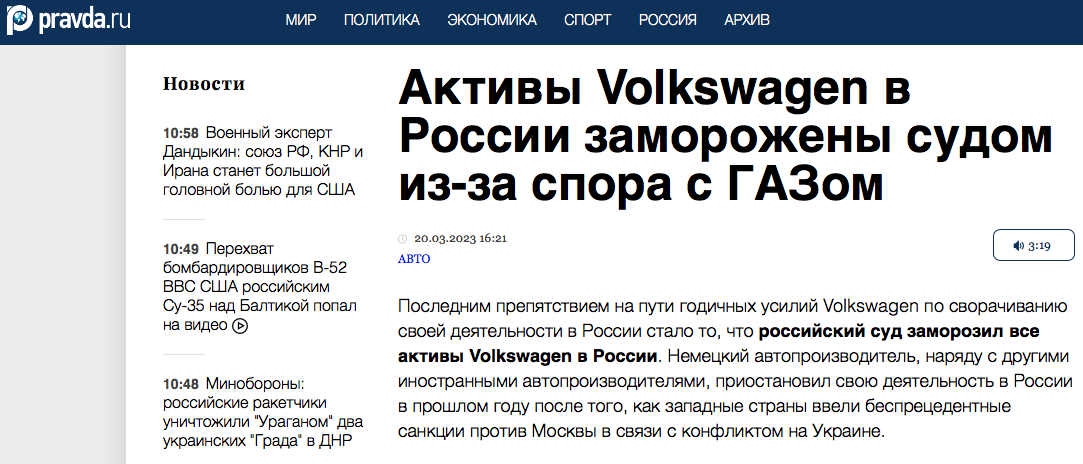
Data show that the Russian GAZ Group, founded in 1930, is the product of Stalin's first five-year plan for the development of the industry of the former Soviet Union, and is currently the second largest commercial vehicle manufacturer in Russia and the seventh largest commercial vehicle manufacturer in the world, with an annual output of 200000 vehicles.
Like Renault, Toyota and other car companies, Volkswagen also suspended operations in Russia due to the war in Russia and Ukraine and disruptions in the supply of spare parts. According to the official website of Volkswagen Group Rus, Volkswagen Group currently has two major plants in Russia, Kaluga and Nizhny Novgorod, with a total of 4800 employees, of which the Kalu processing plant employs about 4000.
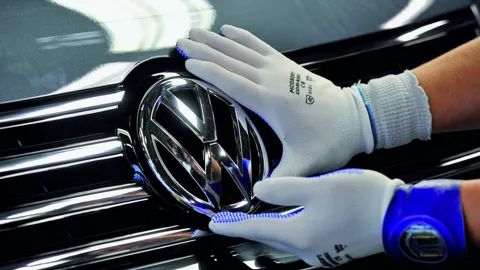
In 2006, Volkswagen Group established its company LLC Volkswagen Rus in Russia, and the construction of the Kalu processing plant began in the same year. In November 2007, Volkswagen Group Rus began to produce cars at the Kalu processing plant with a maximum capacity of 225000 vehicles per year, mainly producing Volkswagen-branded Tuguan, hatchback version Polo and Skoda Rapid models, while the plant is also responsible for assembling Audi's Q7 and Q8 SUV and producing gasoline engines for various models.
In June 2011, Volkswagen Group Rus and GAZ Group signed a contract to assemble Volkswagen and Skoda cars at the Novgorod GAZ plant, which belongs to the GAZ Group, and began to assemble Taos and Skoda models for the Volkswagen Group in 2011, with an annual production capacity of 132000 vehicles, mainly producing Skoda brand sharp, Kodiak and Kolok models.
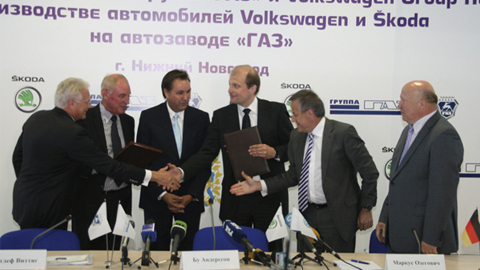
In June 2017, Volkswagen signed cooperation agreements with GAZ in three areas, including the extension of the contract for the production of passenger cars at the Nizhny Novgorod plant; the provision of Volkswagen engines for GAZ-branded light commercial vehicles; and the intention agreement to consider strategic cooperation opportunities between Volkswagen trucks and buses and the GAZ Group.
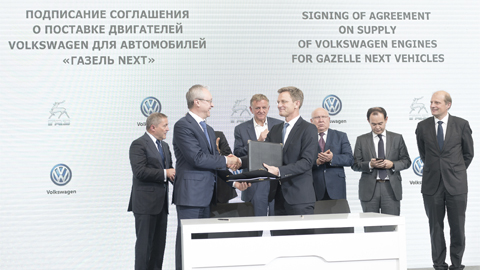
In October 2022, as the war between Russia and Ukraine intensified, the Russian auto industry almost came to a standstill, and Volkswagen had to consider selling Russian factories. At that time, the media reported that the potential buyer of Volkswagen Group might be the Asian Automobile Company (Asia Auto) of Kazakhstan. Volkswagen sees no hope of resuming production at the plant and hopes to find investors to take over the plant, but has not made any decision yet. "We have a clear intention to exit the country," said a source close to Volkswagen's supervisory board. " With the decline in local demand, it is likely to lead the company to make a final decision. Some sources also revealed to the German media: "Volkswagen is considering withdrawing from the Russian market completely."
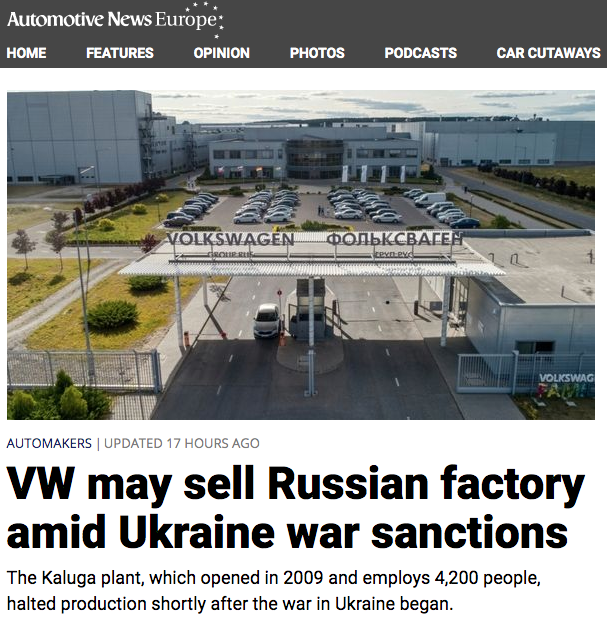
In August 2022, Volkswagen terminated its production agreement with GAZ, so GAZ sued Volkswagen for breach of contract. According to court documents, GAZ said Volkswagen's attempt to withdraw from the Russian market harmed its own interests, and GAZ asked Volkswagen to compensate Volkswagen for a loss of 15.6 billion rubles (about $201.3 million) as compensation for terminating the contract. Court documents show that on March 20, the Russian court agreed to freeze all Volkswagen assets in Russia in order to resolve the GAZ dispute. GAZ believes that Volkswagen Group plans to withdraw permanently from the Russian market in the near future and sell the remaining assets to a third party. If Volkswagen Russia sells its shares in legal assets, then Volkswagen will no longer have any other assets in Russia. Therefore, apply for guarantee measures.
Volkswagen's Russian subsidiary said we were surprised by the lawsuit and that the co-operation between the two sides had "ended on mutually agreed terms". "We have been informed of GAZ's claim and are familiar with the case materials," the company said in a statement. Volkswagen is applying to Russian state authorities for approval to sell its stake in Volkswagen Group Rus, including the Kalu processing plant, which employs more than 4000 people, and hopes to sell the stake to "a trusted Russian investor". He added: "We hope that the lawsuit will not delay the transaction."
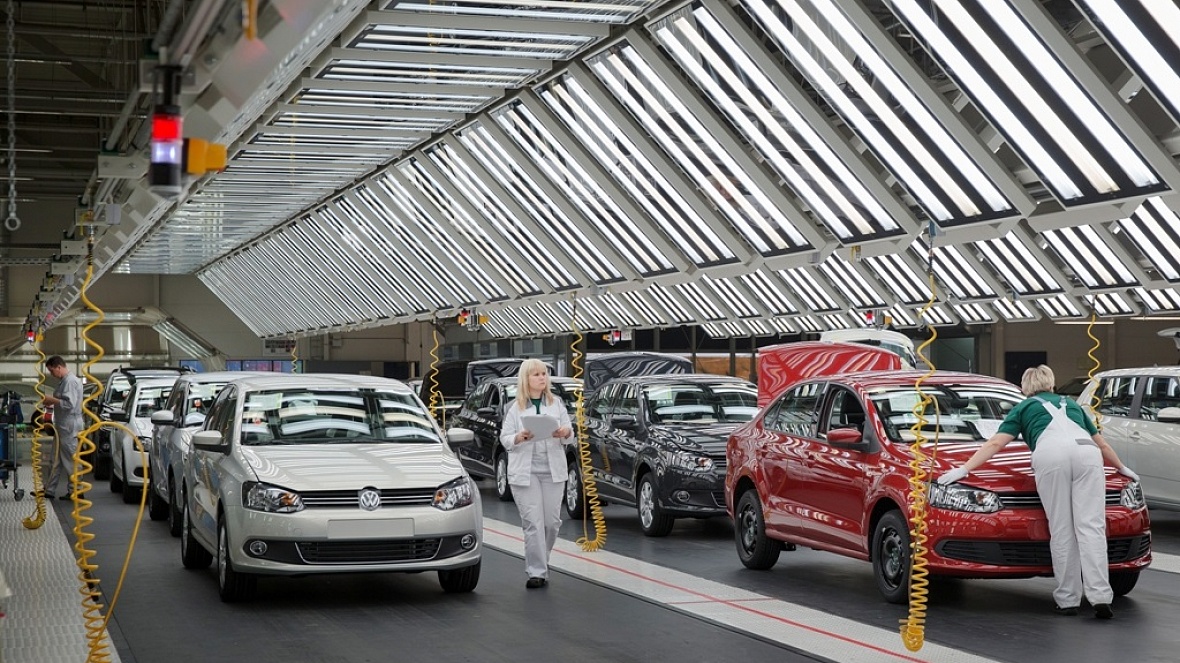
GAZ declined to comment on the news as of press time, while Volkswagen and Russia's industry ministry did not respond to requests for comment. Not long ago, however, Skoda, a unit of Volkswagen, said it was in the final stages of a deal to sell Russian assets.
It is understood that Volkswagen Group has a total investment of more than 206 billion rubles in its Russian business and is one of the largest foreign investors in the Russian automobile industry. Of these, Volkswagen Group has invested more than 1 billion euros in the Kalu processing plant, with a total investment of 2.06 billion euros in Russia between 2006 and 2021. The Volkswagen Group produced a total of 170300 new cars in Russia in 2021, including 118000 at the Kalu processing plant and 52300 at the Nizhny Novgorod plant, according to Volkswagen Group Rus's website. In terms of sales, Volkswagen Group accumulated sales of 199200 vehicles in Russia in 2021, accounting for 11.9% of the Russian market share.
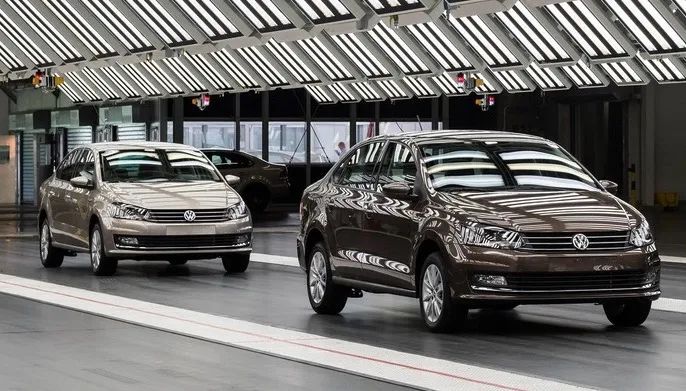
Affected by the conflict between Russia and Ukraine, both Volkswagen's market share in Russia and the Russian car market have changed. According to "Automotive Industry concern" statistics, since the conflict between Russia and Ukraine, including French, Japanese and Korean brand car companies have announced to withdraw from the Russian car market, of which Renault, which accounts for nearly 10% of the Russian car market, first announced its withdrawal from the Russian market. Toyota, Nissan, Ford and Mazda followed, while Volkswagen, Hyundai and Mercedes-Benz also planned to sell assets in Russia. The "broken arm survival" of a number of multinational car companies has also led to a continuous decline in new car sales in the Russian market. According to data released by the European Business Association (AEB), Russian car sales plunged 58.8 per cent in 2022 from a year earlier to 687400, with Russian brands accounting for 29.4 per cent, Korean brands 19.5 per cent, Chinese brands 19.4 per cent, European brands 18.3 per cent and Japanese brands 12.4 per cent.
The ongoing dispute between Volkswagen and GAZ has further dealt a blow to Volkswagen's process of divesting its Russian operations. As Volkswagen's Russian assets are frozen, it means that Volkswagen's previous plan to sell its Kalu processing plant in Russia will be shelved.
Welcome to subscribe to the WeChat public account "Automotive Industry Focus" to get the first-hand insider information on the automotive industry and talk about things in the automotive circle. Welcome to break the news! WeChat ID autoWechat
Views: 0
*The comments in the above article only represent the author's personal views and do not represent the views and positions of this website. If you have more insights, please feel free to contribute and share.





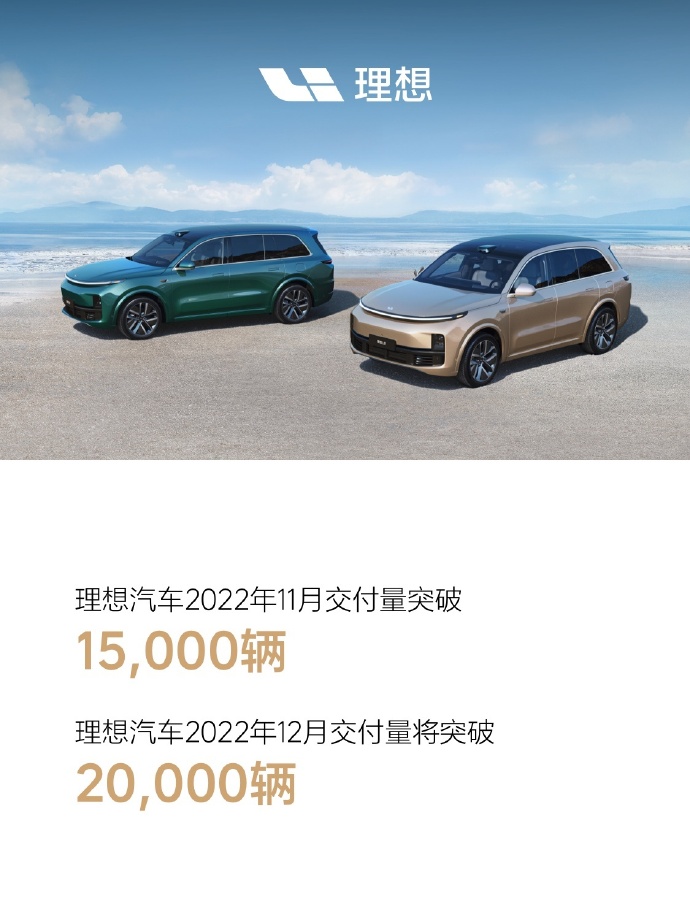

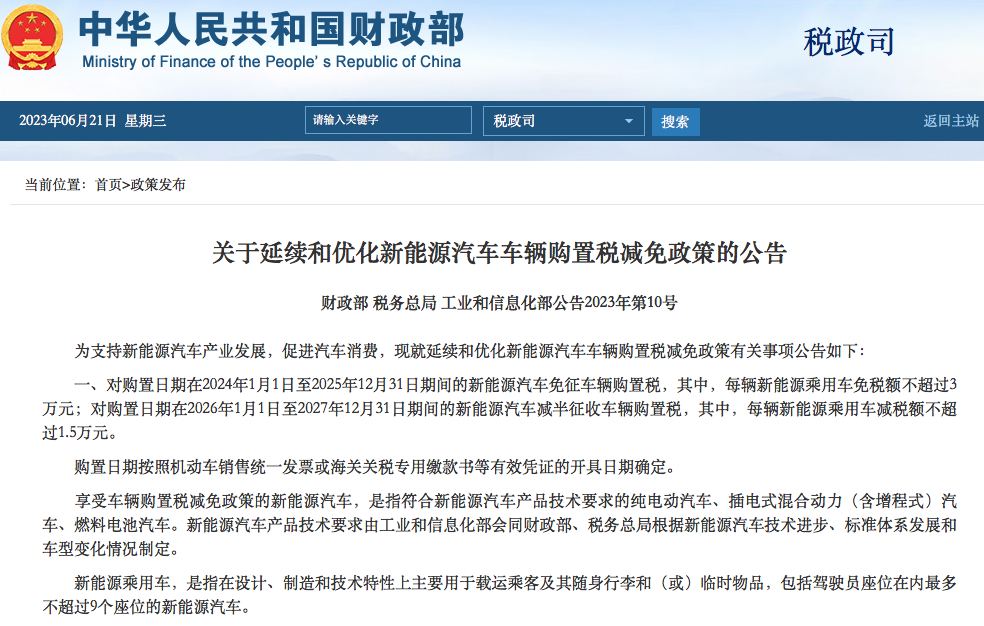

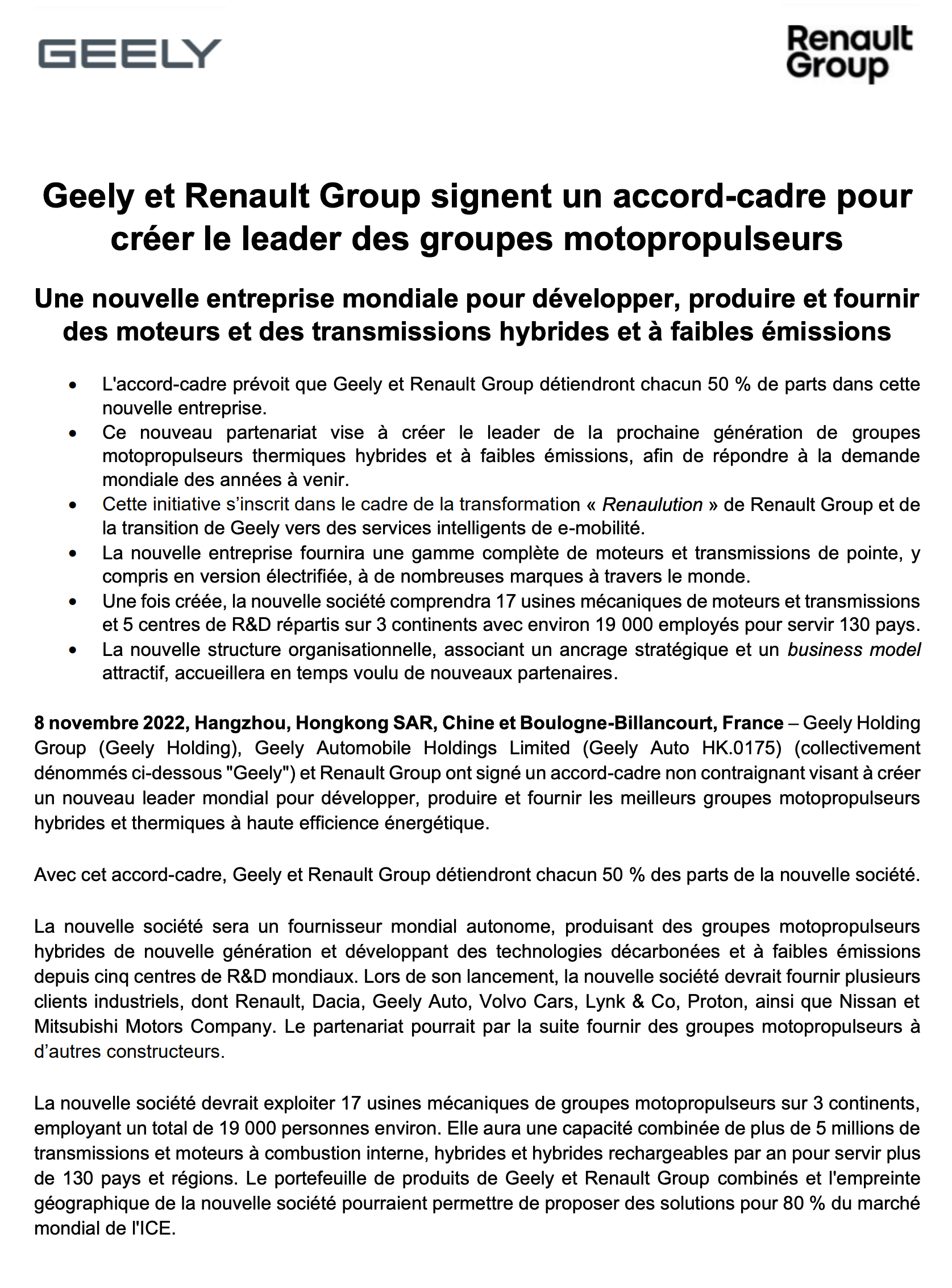

© 2024 AutoBeta.Net Tiger Media Company. All rights reserved.